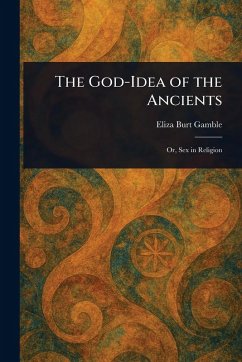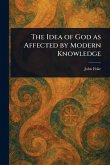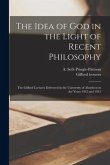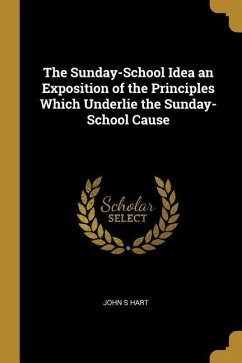Explore the roots of ancient belief systems in Eliza Burt Gamble's "God-Idea of the Ancients." This groundbreaking work delves into the historical role of sex and gender in religious practices, examining the profound influence of goddess worship and matriarchal societies. Gamble challenges conventional understandings of religious history, offering a compelling perspective on the evolution of spiritual thought. Drawing from comparative religion and the sociology of religion, this text provides valuable insights into the diverse expressions of faith throughout human civilization. A significant contribution to religious history and feminist theory, "God-Idea of the Ancients" remains a thought-provoking exploration of the sacred feminine and its impact on the development of religious ideologies. This work has been selected by scholars as being culturally important, and is part of the knowledge base of civilization as we know it. This work is in the public domain in the United States of America, and possibly other nations. Within the United States, you may freely copy and distribute this work, as no entity (individual or corporate) has a copyright on the body of the work. Scholars believe, and we concur, that this work is important enough to be preserved, reproduced, and made generally available to the public. We appreciate your support of the preservation process, and thank you for being an important part of keeping this knowledge alive and relevant.
Bitte wählen Sie Ihr Anliegen aus.
Rechnungen
Retourenschein anfordern
Bestellstatus
Storno









